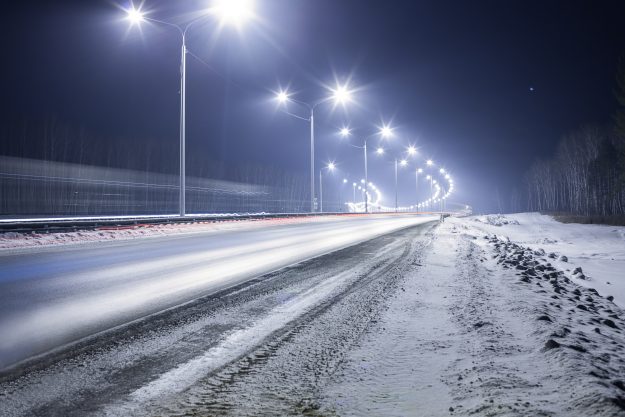Illinois rounds up local governments for smart street lighting workshop

After a year and half of building the foundation of its smart state initiative, Illinois will host a workshop this month to help local governments buy smart street lighting.
Illinois announced a search in January 2017 for street lighting vendors to participate, and having now executed contracts with three vendors , officials told StateScoop they are ready to guide local governments through the process of using the state’s master contracts. The Aug. 15 workshop at the Illinois Medical District campus will bring together vendors, utilities, local governments, and subject matter experts from universities and state agencies.
Lori Sorenson, the state’s chief networking officer, told StateScoop that about 100 people from more than 40 local governments around the state have registered so far. Smart streetlights are a common entry point for local governments interested in new connected technologies because the upgrade promises to return a financial investment and also create infrastructure for an ecosystem of connected technologies, if a city decides that’s what it wants.
“Smart lighting is a wonderful opportunity to start with your smart city/smart state journey because of the significant savings,” Sorenson said. “By implementing smart lighting you can reduce your electric costs by 50 percent. You also increase public safety, you put a platform in place to launch many other smart city/smart state technologies and initiatives.”
Kevin O’Toole, who works on digital innovations and connected technologies inside the state government, told StateScoop that Illinois’ smart state program has goals that span economic development, government efficiency and efficacy, and a mission to deliver smart technologies to local governments.
“When we take those three overarching goals, we also want to provide a value to the citizens, we want to enable the citizens to do business with each other, with us, far more easily than they have in the past,” O’Toole said. “We want cities and communities to be able to do business with each other, to leverage relationships, to leverage contracts.”
By using master contracts, Sorenson said she expects cities to gain economies of scale but also to benefit from the state’s expertise. She said two utilities — Ameren and the Commonwealth Edison Company — will also come to the workshop to talk about their LED incentive programs.
Sorenson said the state has developed a playbook that will help guide cities through the process of selecting a contract and choosing which technologies work best for their needs.
Three vendors were selected, she said — Johnson Controls, Globetrotters Engineering, and TEN Connected Solutions — to give local governments a choice depending on the technologies they are after.
“They all offer the whole range of services. We wanted to be able to go purchase specific services a municipality may need or to go to the full-range of a turnkey solution,” she said. “Instead of having to develop those specifications themselves or hire a consultant, [they can] go through this procurement process on their own, individually and go straight to one of three master contract vendors to jumpstart their efforts and initiatives.”
Sorenson said there has been some demand for additional smart street lighting workshops in other locations, and the state is now considering additional events.




